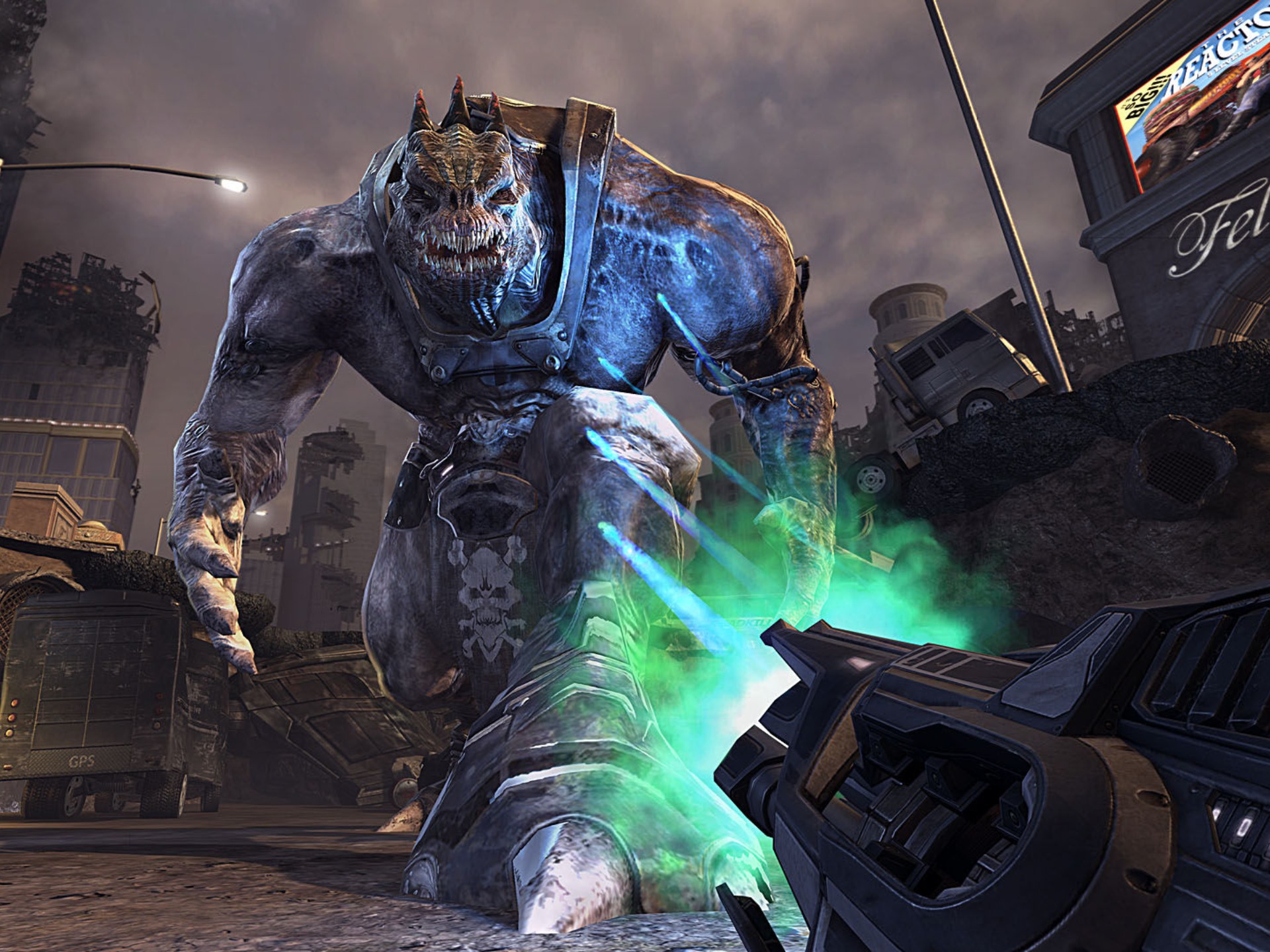The Evolving Frontier: Latest Updates and Expert Opinions on Deep Game News
The video game industry is no longer a niche entertainment sector; it's a dynamic, multi-billion-dollar behemoth driving technological innovation and cultural discourse. Keeping pace requires more than just patch notes and release dates. It demands a deep dive into the trends, technologies, and expert analyses shaping our virtual worlds. Here’s a comprehensive look at the latest updates and the expert opinions defining the future of gaming.
The Technological Vanguard: Beyond Ray Tracing
While photorealistic graphics continue to impress, the next frontier is experiential immersion. Two technologies are dominating expert conversations: Generative AI and Cloud Streaming.
Generative AI's Playground: The integration of generative AI is moving beyond simplistic NPC chatter. Recent updates from studios like Ubisoft showcase "Neo NPCs," prototypes that players can have real, unscripted conversations with, fundamentally altering narrative delivery. Experts like Dr. Mia Zhang, a lead researcher at MIT's Media Lab, believe this is transformative. "We are shifting from authored storytelling to emergent narrative," she states. "The player isn't just choosing a dialogue branch; they are co-creating the story in real-time. The challenge isn't technical anymore; it's ethical and design-focused. How do we ensure these narratives remain coherent, respectful, and meaningful?"
Meanwhile, tools like Nvidia's ACE (Avatar Cloud Engine) are democratizing this power for developers, promising richer, more dynamic game worlds that react uniquely to every player.
The Cloud Consolidates: Microsoft's Xbox Cloud Gaming and NVIDIA's GeForce Now are making significant strides in reducing latency and expanding library access. The big update? The integration of AI-powered super-resolution tech directly into the streaming pipeline, ensuring a sharper image even on sub-optimal connections. Industry analyst Ben Thompson of Stratechery offers a cautious but optimistic view: "The infrastructure is finally catching up to the ambition. We're entering a phase where the device in your hand is irrelevant. The game is the service, and the platform is the cloud. However, the business model—how to split revenue fairly among publishers, platform holders, and internet providers—remains the final boss to defeat."
The Business Battlegrounds: Acquisitions and Live Services
The business side of gaming is as volatile as any multiplayer arena.
Acquisition Fever Cools? After the seismic shifts of Microsoft's acquisition of Activision Blizzard and Sony's purchase of Bungie, the market has entered a period of integration. The latest news focuses not on new deals, but on the outcomes of these mega-mergers. The key update is the restructuring within Xbox, making Activision Blizzard’s library part of the broader Xbox Game Pass strategy. Experts are watching closely. Michael Pachter, a renowned analyst at Wedbush Securities, notes, "The question is no longer who they will buy, but how they will manage what they have. The real metric of success will be Game Pass subscriber growth and the revitalization of dormant IPs like Guitar Hero or Skylanders."
The Live Service Pivot (and Its Perils): The industry's push towards games-as-a-service (GaaS) continues, but not without high-profile stumbles. Recent launches like Suicide Squad: Kill the Justice League have struggled despite massive budgets, signaling player fatigue with repetitive loot-driven models. Conversely, Helldivers 2 has been a surprise breakout hit by focusing on cohesive, community-driven fun over aggressive monetization.
Dr. Sarah Cassidy, a professor of Game Studies at USC, explains this divergence: "Players aren't rejecting live services; they're rejecting cynicism. A successful live service game in 2024 isn't a storefront with a game attached; it's a compelling core gameplay loop that earns the right to have a cosmetic store. The value proposition has flipped. The game must come first."
The Cultural Conversation: Accessibility and Ethics
Gaming is increasingly aware of its social impact, leading to significant updates in policy and design.
Accessibility as Standard: The latest major releases, from Forza Motorsport to The Last of Us Part II Remastered, feature extensive accessibility menus that go far beyond subtitles. This includes features like audio descriptions for cutscenes, extensive difficulty sliders, and hardware compatibility options. Cherry Thompson, lead accessibility consultant at AbleGamers, celebrates this trend but urges continued progress: "We've moved from 'if' to 'how.' The next step is baking these features into the development process from day one, not patching them in later. It's about universal design that benefits everyone."
The Ethical Game World: With games becoming persistent social spaces, moderation is a critical update. Companies like Riot Games and Epic Games are deploying advanced AI to combat toxic chat and cheating in real-time. Furthermore, the industry is grappling with the ethics of AI itself. A recent open letter from the "Global Game Workers" union called for transparent policies on using AI in art and design, fearing job displacement and the erosion of creative vision. Ethical AI researcher David Lee argues for a middle ground: "AI should be a tool for augmenting creativity, not replacing it. The expert opinion is converging on a need for clear guidelines—using AI to handle tedious tasks, generate prototyping assets, or personalize worlds, while human artists direct the creative vision."
Looking Ahead: What's on the Horizon?
The near future is buzzing with anticipation. The success of VR headsets like Meta Quest 3 and Apple's Vision Pro is pushing developers to explore true mixed-reality experiences. The next Legend of Zelda title might not just be played on your TV, but mapped onto your living room table.

Meanwhile, the indie scene continues to be the industry's heart of innovation, with games like Hades II and Silksong demonstrating that deep, rewarding gameplay and compelling characters remain the timeless core of the experience.
In conclusion, the deep game news of today is a complex tapestry woven from threads of technology, business, and culture. The experts agree: we are in a transitional era. The tools to create unimaginably immersive and accessible worlds are here. The ultimate update will be whether the industry uses them to build worlds that are not only more impressive but also more meaningful, inclusive, and sustainably crafted for the players of tomorrow.


















